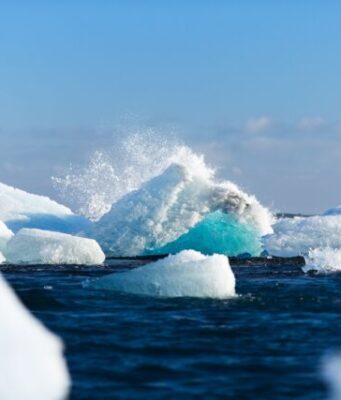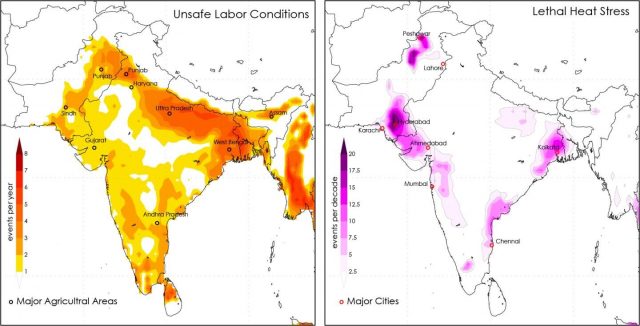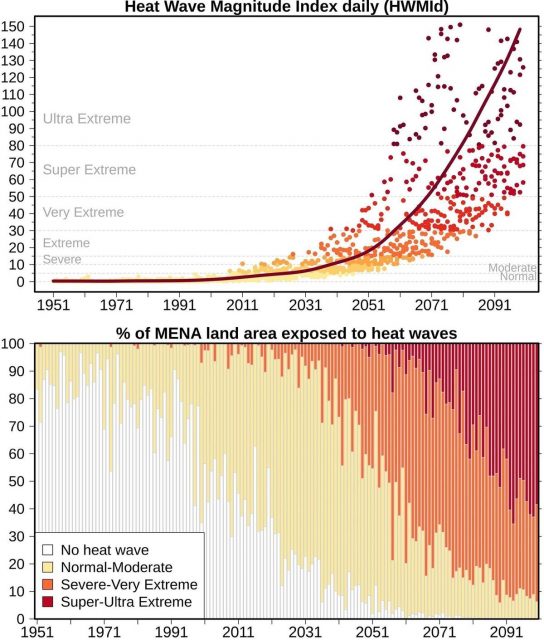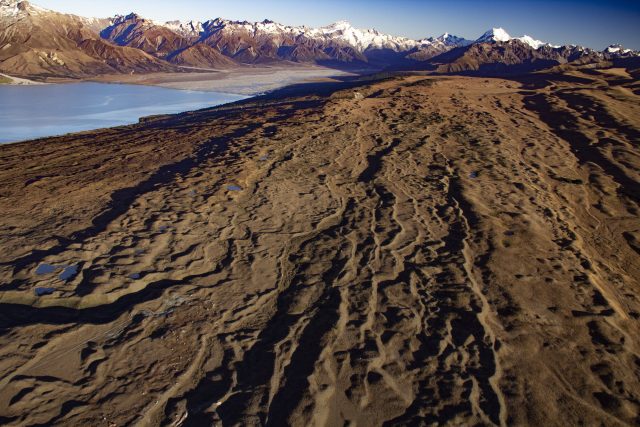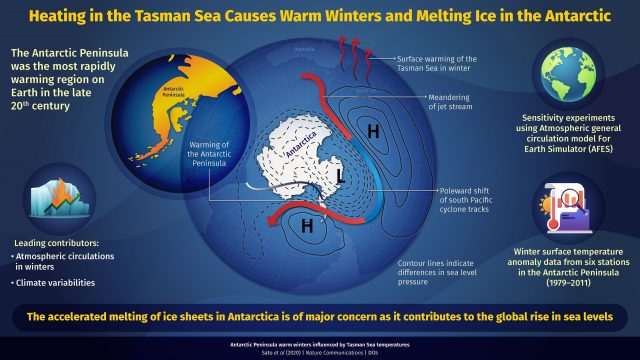Residents of South Asia already periodically experience heat waves at the current level of warming. But a new study projecting the amount of heat stress residents of the region will experience in the future finds with 2 degrees Celsius...
A new study shows that if the population were fixed at current levels, the risk of population displacement due to river floods would rise by ~50% for each degree of global warming. However, if population increases are taken into...
The Middle East and North Africa Region (MENA) is a climate change hot spot where summers warm much faster than in the rest of the world. Some parts of the region are already among the hottest locations globally. A...
The rate of sea-level rise in the 20th century along much of the U.S. Atlantic coast was the fastest in 2,000 years, and southern New Jersey had the fastest rates, according to a Rutgers-led study.
The global rise in sea-level...
Climate change is reaching all the way down to the depths of one of Earth's largest lakes.
Water hundreds of feet below the surface of Lake Michigan is warming, especially in winter, according to a report published last week by the...
Where does snow come from? This may seem like a simple question to ponder as half the planet emerges from a season of watching whimsical flakes fall from the sky -- and shoveling them from driveways. But a new...
In light of recent extreme climate events—from wildfires blazing through the western US to snowstorms sweeping Texas into a blackout—climate scientists and media outlets have repeatedly called out the urgency of tackling the climate crisis. But in a new...
The world's oceans are a vast repository for gases including ozone-depleting chlorofluorocarbons, or CFCs. They absorb these gases from the atmosphere and draw them down to the deep, where they can remain sequestered for centuries and more.
Marine CFCs have...
The origins of ice age climate changes may lie in the Southern Hemisphere, where interactions among the westerly wind system, the Southern Ocean and the tropical Pacific can trigger rapid, global changes in atmospheric temperature, according to an international...
The melting of the Earth's ice cover intensified in the 20th century, with glaciers and sea ice in the Arctic and Antarctic regions melting at alarming speeds. In fact, The Antarctic Peninsula (AP), which is the only landmass of...
A third of all the world's man-made greenhouse gas emissions are linked to food, according to new global research that tracked produce from field to fork to landfill.
Land clearing and deforestation, fertiliser use, livestock and waste all contribute to...




